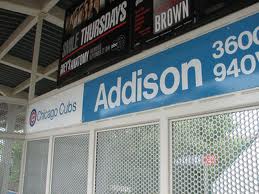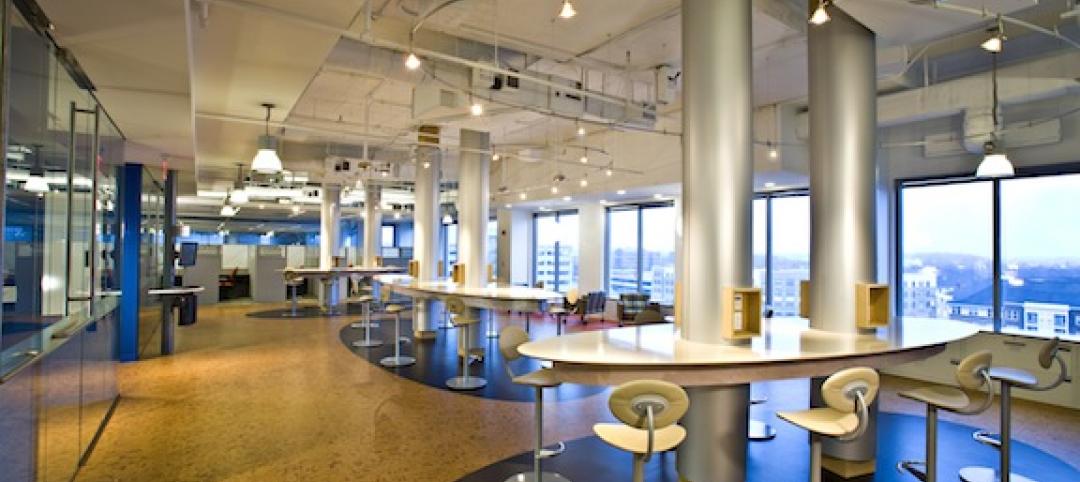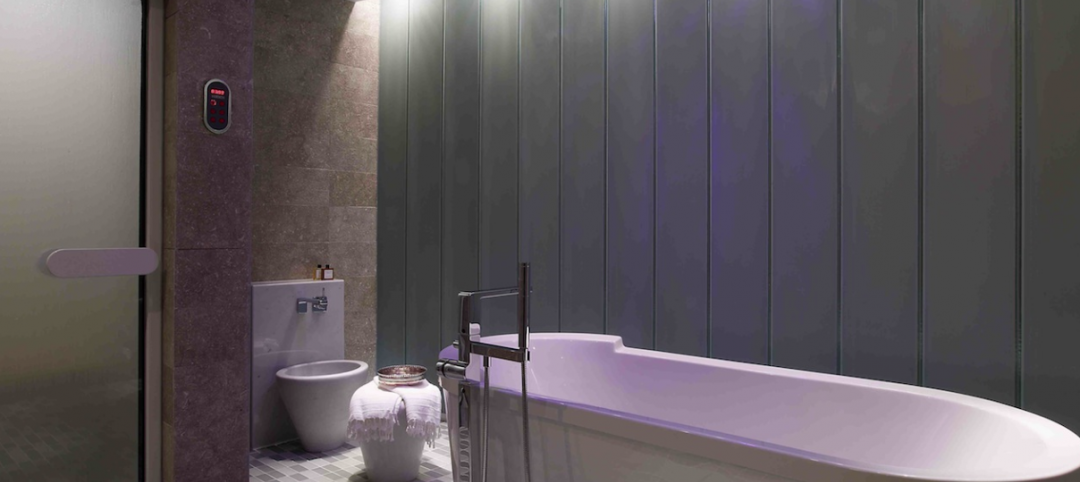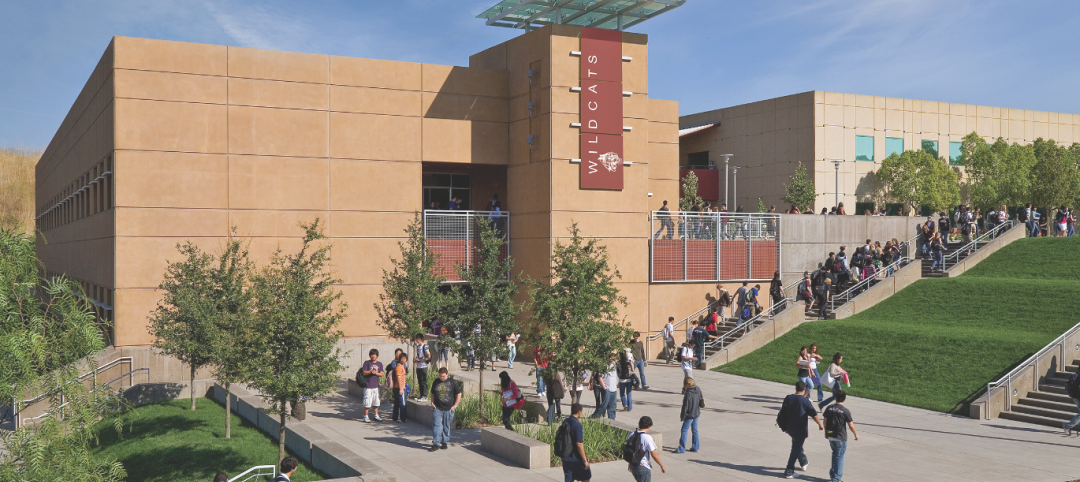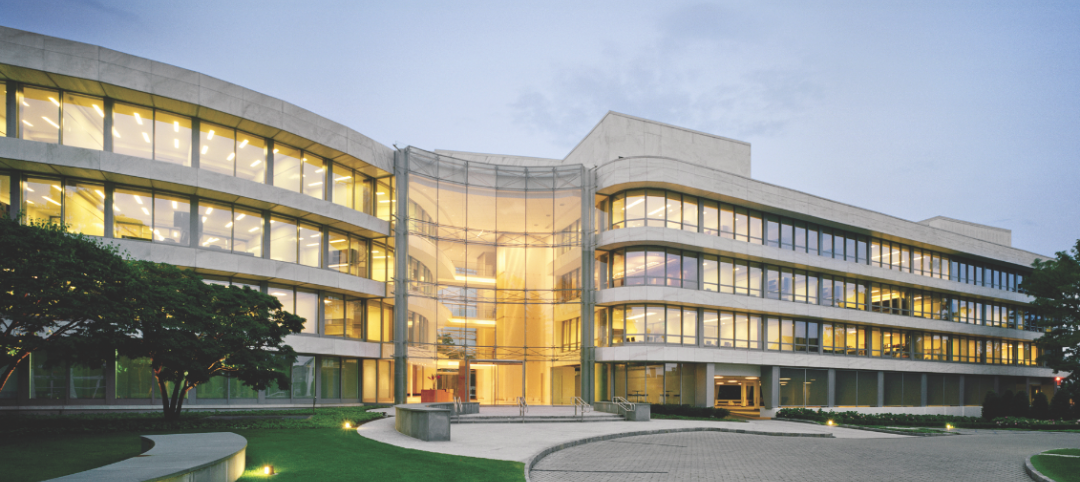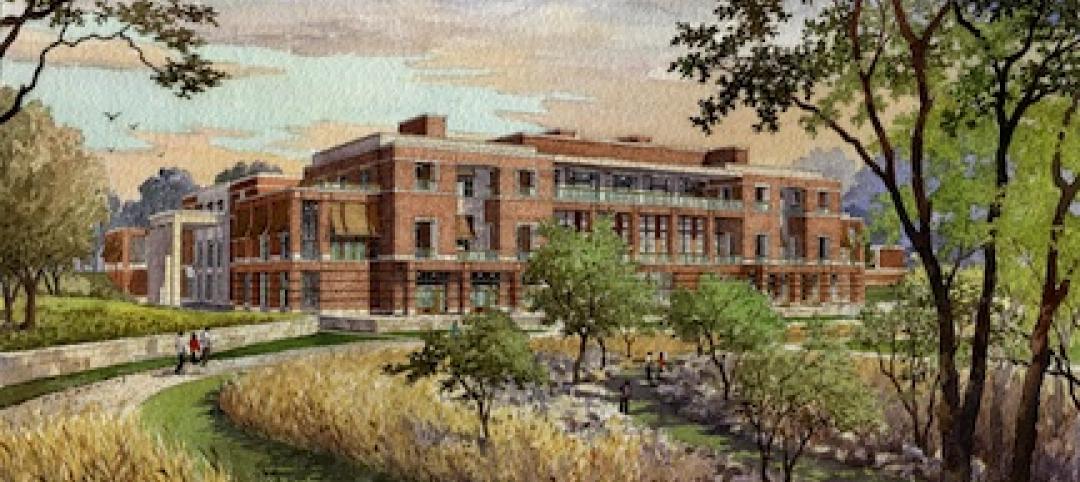In collaboration with renowned architect Stanley Tigerman and veteran urban planner William Martin, Chicago Architecture Foundation (CAF) opens the new temporary exhibition Design on the Edge: Chicago Architects Reimagine Neighborhoods September 21 in the atrium of the historic Santa Fe building on Michigan Ave.
Design on the Edge presents plans created by seven teams of nine Chicago-based architects to reimagine seven of the city’s neighborhoods to encourage street life, retail districts and dense housing around the existing “L” transit system.
From neighborhoods replacing streets and cars with pedestrian boulevards to a magnetic levitation monorail, the concepts in this exhibition aim to inspire Chicagoans to imagine a more connected, vibrant and livable city.
“Design on the Edge aligns with the mission of the Chicago Architecture Foundation by engaging Chicagoans, architects, and civic leaders, including the new mayoral administration, in reimagining their communities,” said CAF President and CEO Lynn Osmond. “CAF, a leading forum for public learning and engagement in dialogue about the built world, is thrilled to be the venue for these stimulating projects, which continue Chicago’s tradition of bold thinking.”
The architects who created Design on the Edge are: Stanley Tigerman, John Ronan, Jeanne Gang, Ross Wimer, Darryl Crosby, Doug Garofalo with Xavier Vendrell, Sarah Dunn, Martin Felsen, and Patricia Saldaña Natke. The exhibition builds on the 2005 project, Visionary Chicago Architecture, in which seven teams of two Chicago architects devised plans for seven areas in downtown Chicago. Just as Visionary Chicago Architecture was presented to Mayor Richard M. Daley, Design on the Edge will be presented to Mayor Rahm Emanuel.
“The charge to each of the seven teams was to envision what the locus of energy in outlying neighborhoods might become in a yet-to-be-determined future and what such energy might bring to the city as a whole,” said Tigerman. “This alternative visionary effort reimagines satellite communities within Chicago’s city limits were once dependant on city life and now have their own reason for being.”
The seven teams and the project sites assigned to them by Tigerman are:
John Ronan: Loyola Red Line stop/Rogers Park Jeanne Gang: Addison Red Line stop/Wrigleyville Doug Garofalo/Xavier Vendrell: Addison Brown Line stop/Roscoe Village Sarah Dunn/Martin Felsen: Western Blue Line stop/Near West Side Patricia Saldaña Natke: 18th Street Pink Line stop/Pilsen Ross Wimer: Midway Airport Orange Line stop/Southwest Side Darryl Crosby: 35th Street Green Line stop/Bronzeville
The Design on the Edge exhibition will surround the popular Chicago Model City in the atrium of the historic Santa Fe building, and will also include a companion catalogue for sale in the CAF Shop. The publication contains illustrations of each project and essays by art historian Paul Jaskot and co- organizers Tigerman and William Martin. BD+C
Related Stories
| Dec 7, 2010
Product of the Week: Petersen Aluminum’s column covers used in IBM’S new offices
IBM’s new offices at Dulles Station West in Herndon, Va., utilized Petersen’s PAC-1000 F Flush Series column covers. The columns are within the office’s Mobility Area, which is designed for a mobile workforce looking for quick in-and-out work space. The majority of workspaces in the office are unassigned and intended to be used on a temporary basis.
| Dec 6, 2010
Honeywell survey
Rising energy costs and a tough economic climate have forced the nation’s school districts to defer facility maintenance and delay construction projects, but they have also encouraged districts to pursue green initiatives, according to Honeywell’s second annual “School Energy and Environment Survey.”
| Dec 2, 2010
GKV Architects wins best guest room design award for Park Hyatt Istanbul
Gerner Kronick + Valcarcel, Architects, PC won the prestigious Gold Key Award for Excellence in Hospitality Design for best guest room, Park Hyatt Macka Palas, Istanbul, Turkey. Park Hyatt Maçka Palace marries historic and exotic elements with modern and luxurious, creating a unique space perpetuating Istanbul’s current culture. In addition to the façade restoration, GKV Architects designed 85 guestrooms, five penthouse suites, an ultra-hip rooftop bar, and a first-of-its-kind for Istanbul – a steakhouse, for the luxury hotel.
| Dec 2, 2010
U.S Energy Secretary Chu announces $21 Million to improve energy use in commercial buildings
U.S. Energy Secretary Steven Chu announced that 24 projects are receiving a total of $21 million in technical assistance to dramatically reduce the energy used in their commercial buildings. This initiative will connect commercial building owners and operators with multidisciplinary teams including researchers at DOE's National Laboratories and private sector building experts. The teams will design, construct, measure, and test low-energy building plans, and will help accelerate the deployment of cost-effective energy-saving measures in commercial buildings across the United States.
| Nov 29, 2010
Data Centers: Keeping Energy, Security in Check
Power consumption for data centers doubled from 2000 and 2006, and it is anticipated to double again by 2011, making these mission-critical facilities the nation’s largest commercial user of electric power. Major technology companies, notably Hewlett-Packard, Cisco Systems, and International Business Machines, are investing heavily in new data centers. HP, which acquired technology services provider EDS in 2008, announced in June that it would be closing many of its older data centers and would be building new, more highly optimized centers around the world.
| Nov 29, 2010
New Design Concepts for Elementary and Secondary Schools
Hard hit by the economy, new construction in the K-12 sector has slowed considerably over the past year. Yet innovation has continued, along with renovations and expansions. Today, Building Teams are showing a keener focus on sustainable design, as well as ways to improve indoor environmental quality (IEQ), daylighting, and low-maintenance finishes such as flooring.
| Nov 29, 2010
Renovating for Sustainability
Motivated by the prospect of increased property values, reduced utility bills, and an interest in jumping on the sustainability bandwagon, a noted upturn in green building upgrades is helping designers and real estate developers stay busy while waiting for the economy to recover. In fact, many of the larger property management outfits have set up teams to undertake projects seeking LEED for Existing Buildings: Operations & Maintenance (LEED-EBOM, also referred to as LEED-EB), a certification by the U.S. Green Building Council.
| Nov 23, 2010
The George W. Bush Presidential Center, which will house the former president’s library
The George W. Bush Presidential Center, which will house the former president’s library and museum, plus the Bush Institute, is aiming for LEED Platinum. The 226,565-sf center, located at Southern Methodist University, in Dallas, was designed by architect Robert A.M. Stern and landscape architect Michael Van Valkenburgh.
| Nov 23, 2010
Honeywell's School Energy and Environment Survey: 68% of districts delayed or eliminated improvements because of economy
Results of Honeywell's second annual “School Energy and Environment Survey” reveal that almost 90% of school leaders see a direct link between the quality and performance of school facilities, and student achievement. However, districts face several obstacles when it comes to keeping their buildings up to date and well maintained. For example, 68% of school districts have either delayed or eliminated building improvements in response to the economic downturn.


